Hiking in the mountains is a classic adventure, but it carries hidden risks like Colorado Tick Fever. Don't let a tiny tick bite lead to a serious illness. Understanding this disease is the first step toward safe outdoor exploration and prevention.
What are the main causes of Colorado Tick Fever?
- This disease is caused by the Colorado tick fever virus (CTFV), which is transmitted to humans through the bite of an infected tick.
- The primary carrier is the Rocky Mountain wood tick (Dermacentor andersoni), found at high altitudes in the western United States and Canada.
- While human-to-human transmission is not possible through casual contact, the virus can be spread through blood transfusions, though this is extremely rare.
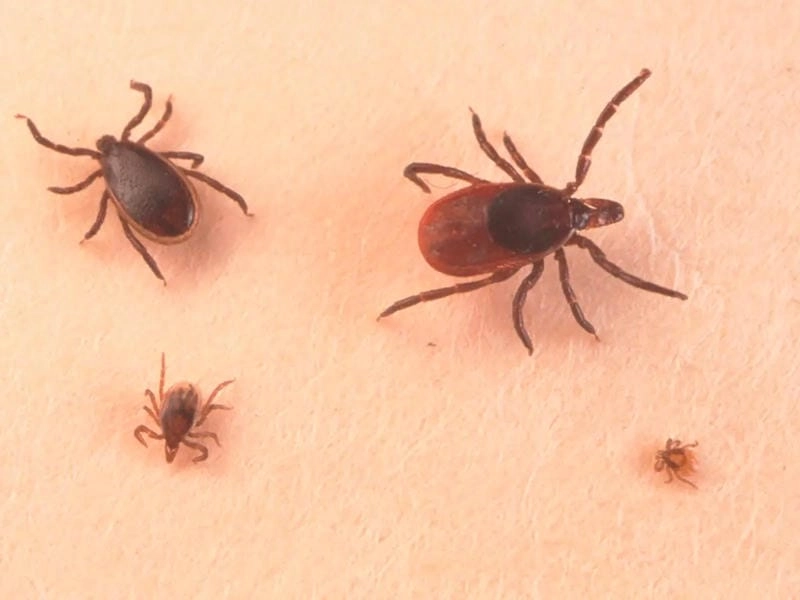
Key symptoms of Colorado Tick Fever to watch for
- Initial Colorado Tick Fever symptoms include a sudden onset of fever, chills, severe headache, body aches, and significant fatigue.
- A classic sign is a biphasic fever, where the fever lasts for a few days, subsides, and then returns for a second period.
- A faint Colorado Tick Fever rash may appear in some cases, but it is less common than in other tick-borne illnesses like Rocky Mountain spotted fever.
How can you prevent Colorado Tick Fever effectively?
- The best prevention of Colorado Tick Fever involves avoiding tick-infested areas like tall grass and wooded regions, especially from spring to fall.
- Use an EPA-registered insect repellent containing DEET and treat your clothing and outdoor gear with products containing 0.5% permethrin.
- After outdoor activities, conduct thorough body checks for ticks on yourself, your children, and pets, and remove any ticks promptly and carefully.
>>> Read more here: Bourbon virus disease - A rare and emerging tick-borne threat
Microscopic images of Colorado Tick Fever
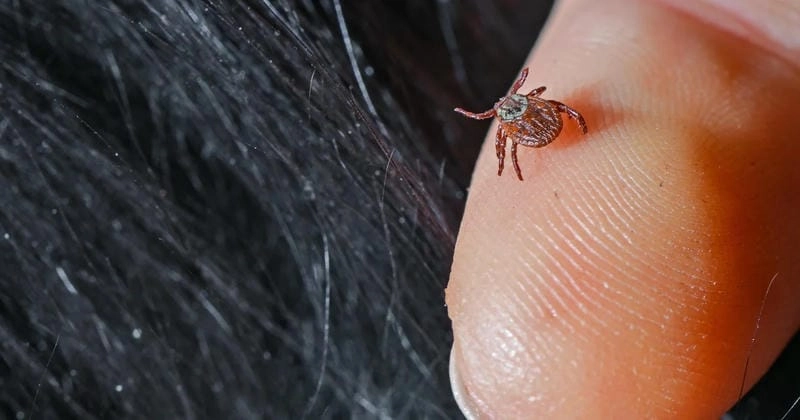
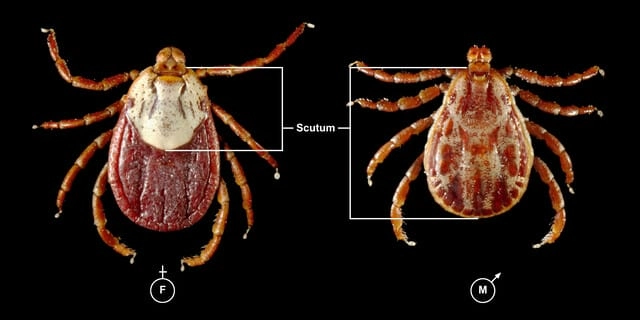
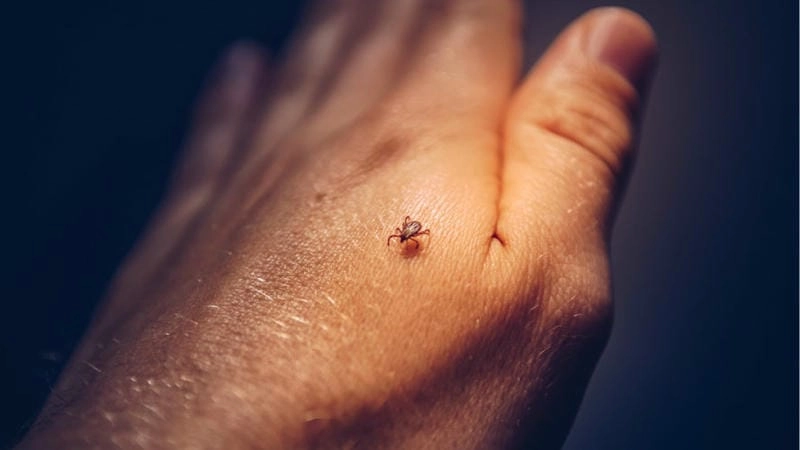
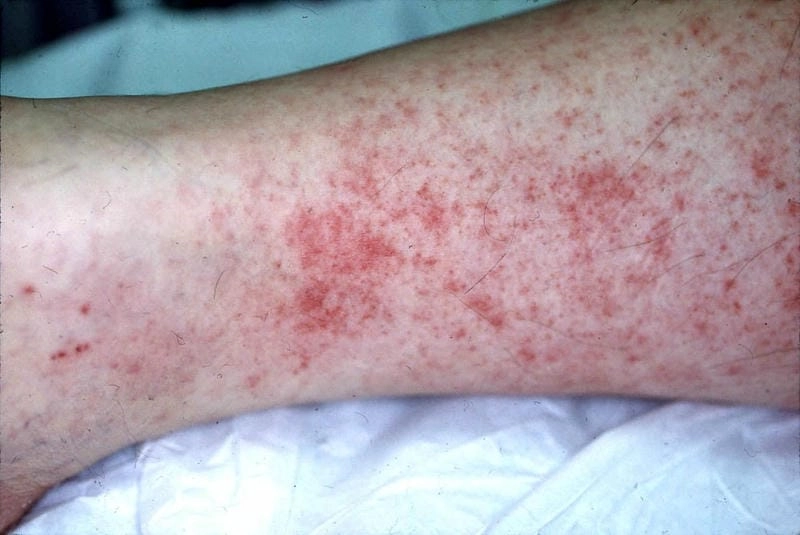
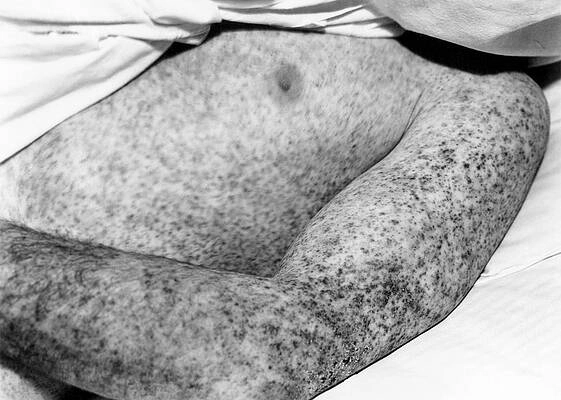

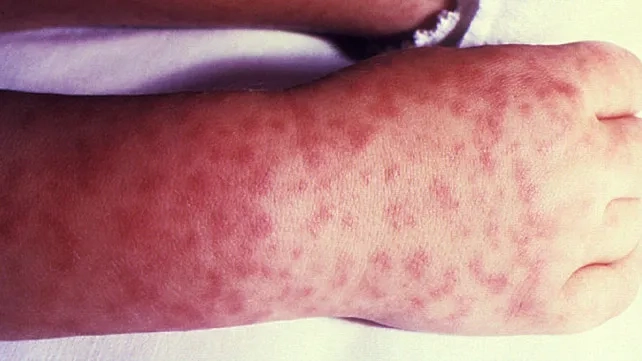
>>> See more: California encephalitis - Protecting children from mosquito bites
While there is no specific antiviral treatment for Colorado Tick Fever, most individuals recover with supportive care like rest and fluids. If you suspect a tick bite and develop symptoms, seek a medical diagnosis to ensure proper management.
>>> Add more knowledge: Chikungunya - Managing the severe joint pain and symptoms






